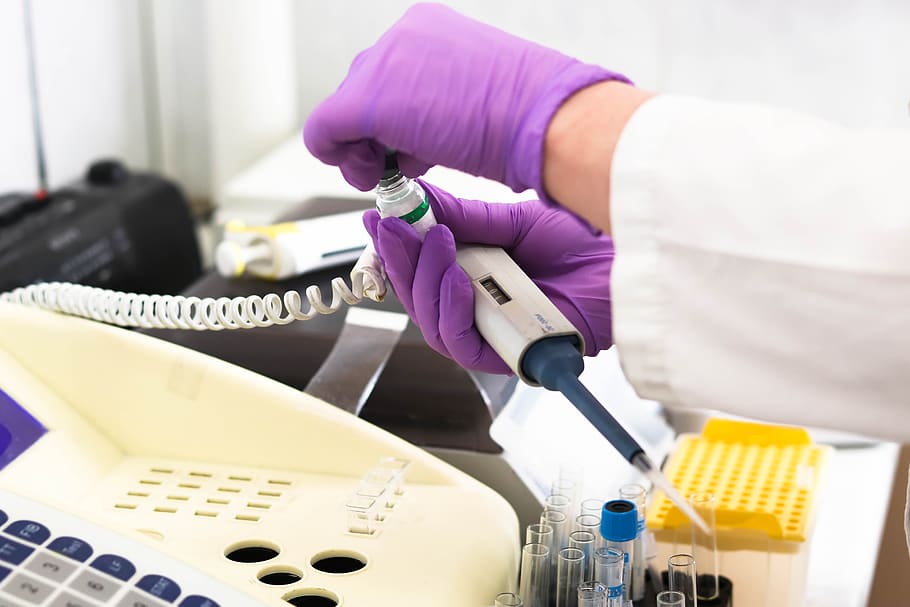Medical specialties with best future

Medicine does not escape the impact of continuous technological advances and in the near future will be based on robotics, artificial intelligence and virtuality . As a result, access to health services in remote areas of the world will be expanded, physical disabilities will be compensated and diseases that are now treated but not recoverable will be cured. By the way, The Future Laboratory carried out a study on the medical specializations of the future with great work exit and social prestige by the year 2025.
How will the medicine of the future
The Future Laboratory, a company dedicated to the prediction of labor trends, established some medical specializations in the near future that will extend people’s lives and give them higher quality. However, the doctor’s work will not be replaced by machines but will complement his task.
Miniaturization of chips, materials science, bioengineering, biotechnology, robotics and computer science are some of the areas that will have greater influence in the medicine of the future, in fact changes are happening now. For example, complex organs such as the eye are likely to be replaced in the next few years.
Role of the university in the professions of the future
The modernization of their teaching methods is the engine to evolve towards curricula that contemplate subjects purely virtual with the objective of promoting the acquisition of digital skills in students, key in the labor market.
On the other hand, teachers require specific training that will enable them to cope with this new way of educating and companies will have a fundamental role because knowledge advances faster in the market than in academia because of its dynamic nature to solve problems Competitiveness. The opportunities to apply what has been learned in real contexts will be pluralized to offer a better preparation to face the labor market.
Medical Specializations
1. Human parts designer
Human life will extend to an average of 100 years thanks to the substitution of organs and the possibility of correcting mental disorders like Alzheimer, returning the memory to the people who lose their memories progressively. Designers of human parts will use existing 3D printing, but optimized to a level of sophistication and universalization that will be as effective as accessible. They will have technical knowledge of bioengineering that will allow them to imitate the skin tone of the person for whom they construct the piece when it comes to external organs.
2. Fetal physician
It is now possible to treat the fetus from the womb of the mother, but by 2025 access to this privileged medicine will be massive and can cure pathologies before birth. The number of maternal deaths during childbirth, infant mortality and the risks of going through long periods of uncertainty due to congenital diseases will be reduced .
3. Nanomedical
Minutara chips and small-scale medicines that will cure illnesses so far do not work, like cancer. The patient’s body will be operated with nanorobots that the physician will operate and administer to ensure that the technology is not harmful. Although they have been tested, the medicine is not yet able to declare success in this area but at the rate that is advancing, it will be in a few years. Surgeries in any degree of complexity will also benefit from the implementation of nanorobots.
4. Technological therapist
It will be responsible for detoxifying those who are addicted to technology , reflected in the compulsive use of a video game or mobile device. Patients will attend a specific therapy to treat their disorder, from an approach that works on technological dependency instead of being treated as a psychological obsession of any other type. As a result, those who manage to recover will be able to use the technology in a moderate way.





